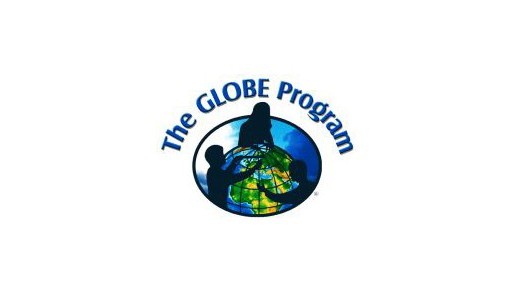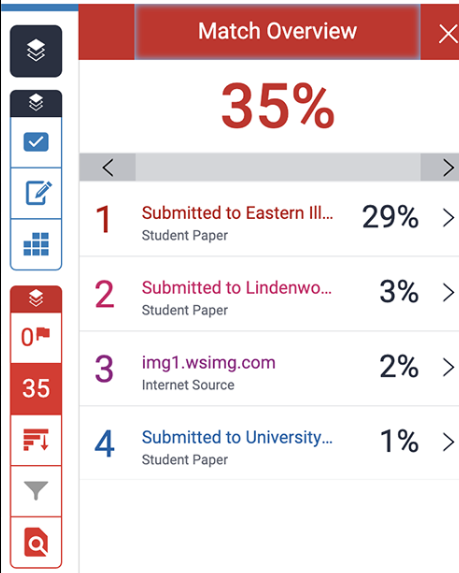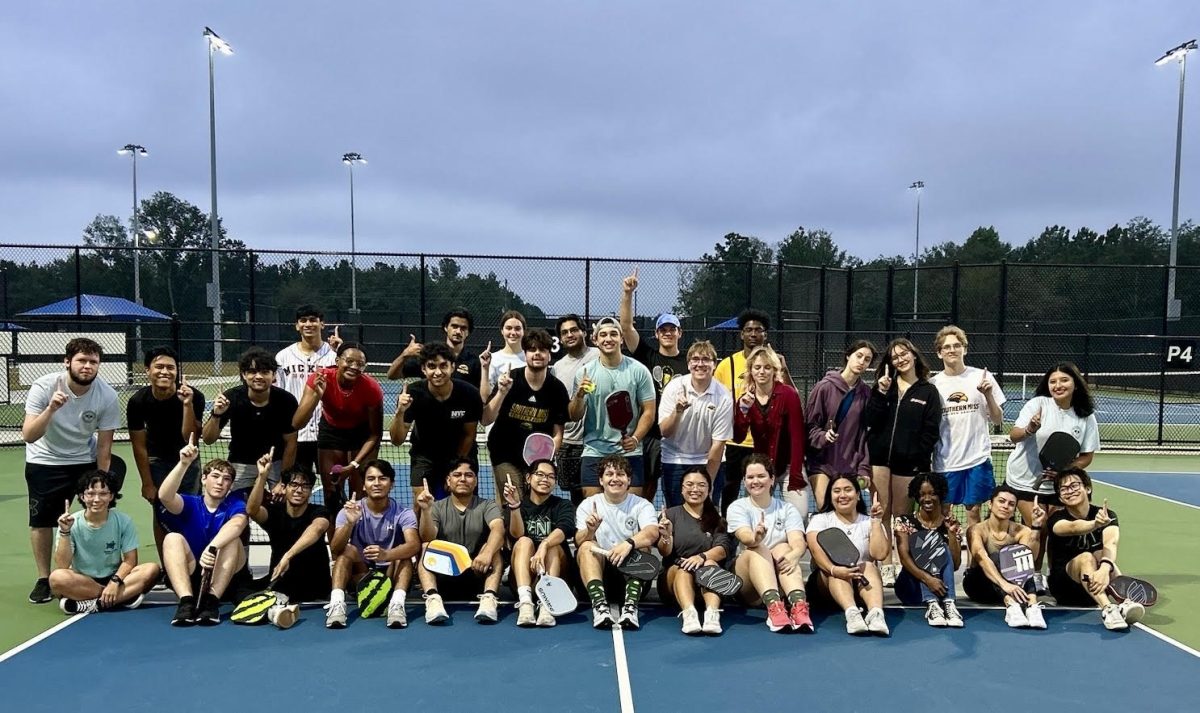The University of Southern Mississippi Library staff featured the Global Learning and Observations to Benefit the Environment (GLOBE) Program in a Science Café event hosted in Cook Library on Feb. 29.
A number of scientists with a vision created the program with the intent of spreading knowledge about the environment to students, teachers and willing participants around the world, forming the GLOBE Program. The program was founded and sponsored by NASA and the National Science Foundation in 1995 and celebrated its 20th anniversary in 2015.
According to the website, GLOBE is a world-wide science and education program that provides students with the opportunity to participate in data collection and contribute to human understanding of the global environment.
GLOBE provides grade-level appropriate, interdisciplinary activities. Teachers use these activities in a classroom setting to teach their students about the atmosphere, the hydrosphere and soil.
The teachers and students send their collected data to the GLOBE program website.
During the event, Sherry Herron, associate professor and director of the Center for Science and Math Education, spoke about GLOBE. Herron is a GLOBE partner and facilitates the implementation of GLOBE in Mississippi.
Herron said she is focused in her efforts to provide training opportunities and mentoring activities to promote an interest in science, enhancing environmental literacy and stewardship and promoting scientific discovery.
“I love the GLOBE program, and I believe that students can learn from the environment,” Herron said.
She believes that participating in collecting information about the environment can lead to a brighter future.
The Science Café offered a time for students to share their opinions and discuss with Herron how environments can be saved.
USM science and education librarian Tracy Englert believes the program will create more knowledgeable students by introducing them to facts they may not have come across.
“I hope that through our Science Café, students will get the chance to meet new scientists,” she said.
Englert said she hopes the Science Café series will create more discussion about science and the scientific process on campus.
Other planned events for the Science Café revolve around environmental learning and data collecting.
The next event, Rock the Café, will focus on geology and how earth science affects daily life.
The Science Café is an opportunity to participate in engaging conversations about science in a casual environment, and each Café features a brief presentation followed by discussion.
The Cafés are free and open to the public.































